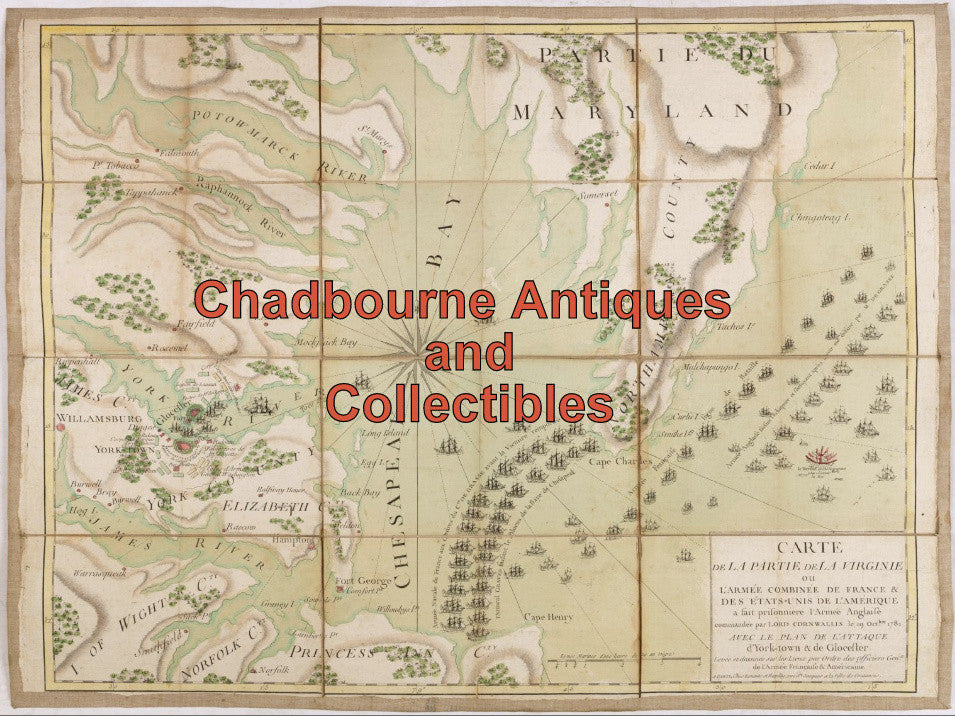$90.00 CAD
| /
Letter written by Philip Taylor engineer, inventor and entrepreneur from London to his wife in Paris, detailing his trip home from Paris. Interesting description of town of Boulogne, departure port for steam Packet to Dover ("Dandies & scamps in abundance")
His wife was then staying at the home of Jean-Baptiste Say, French economist and entrepreneur, making preparations for family to move to France.,
Addressed to
Postmarked in red on front ANGLETERRE and handwritten postal rate
On back red reception postmark AOUT 9 1827 as well as black 6 8 27
Small tear where seal removed.
Philip Taylor (1786–1870) was an English civil engineer. A significant innovator of the 1820s in steam engine design, he moved abroad to become an industrial leader in France and Italy (Kingdom of Sardinia).
… The City Road business of Taylor & Martineau was a foundry and engineering works. It produced steam engines, gas generators, and pumps.… Philip Taylor invented a method of lighting public and private buildings by oil-gas, in connection with which he took out a patent on 15 June 1824 for an apparatus for producing gas from various substances…
… In 1825 Taylor & Martineau was producing a standard factory stationary steam engine, of a type that would become common… Taylor went in 1828 to Paris, founded engineering works, and patented the hot blast process in the manufacture of iron
In 1813 Taylor married Sarah, daughter of Robert Fitch, surgeon, of Ipswich. He had eight children
Jean-Baptiste Say (1767 – 1832) was a liberal French economist and businessman who argued in favor of competition, free trade and lifting restraints on business. He is best known for Say's law—also known as the law of markets—which he popularized. Moreover, he was one of the first economists to study entrepreneurship and conceptualized entrepreneurs as organizers and leaders of the economy.
WIKIPEDIA
